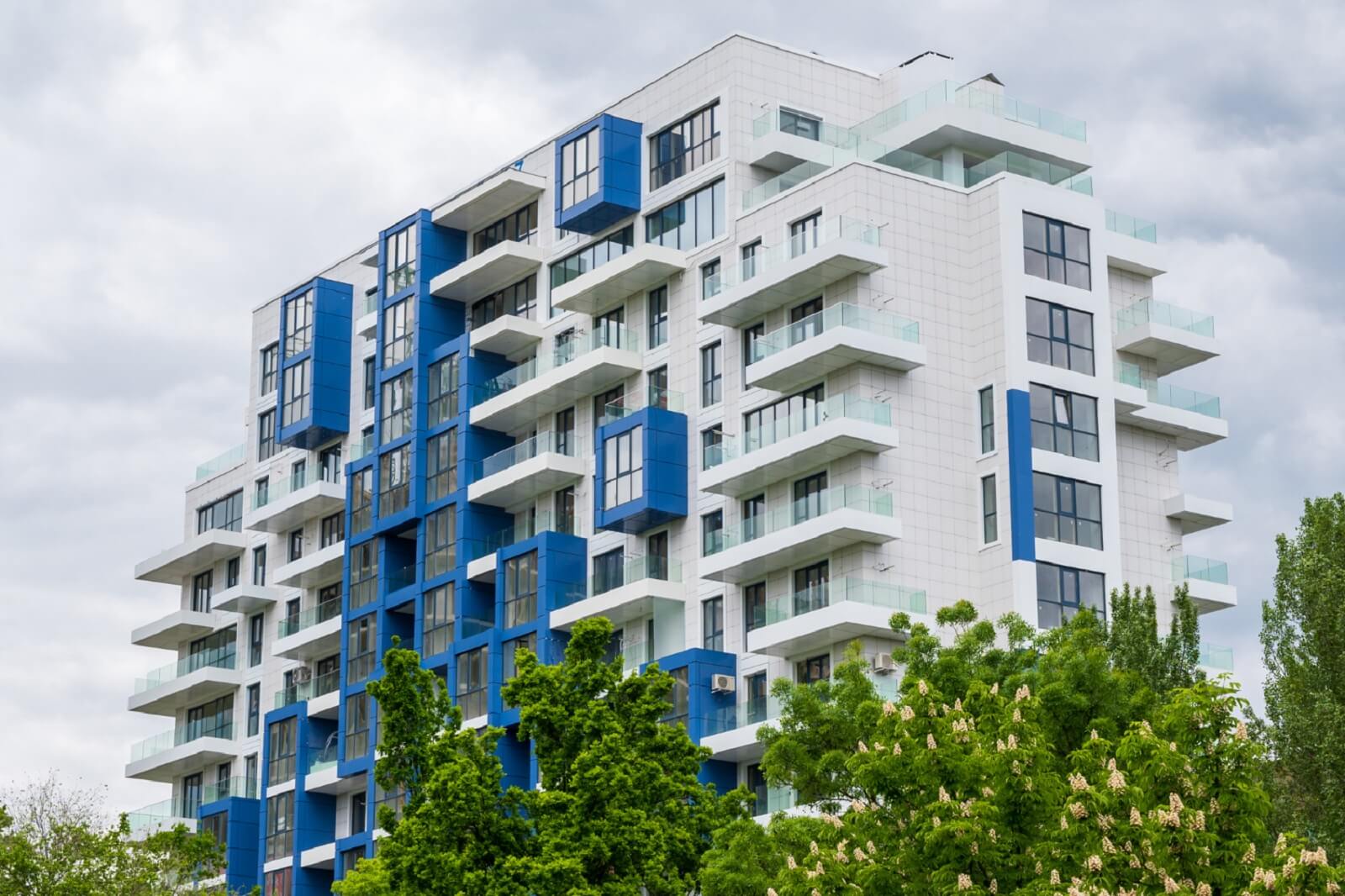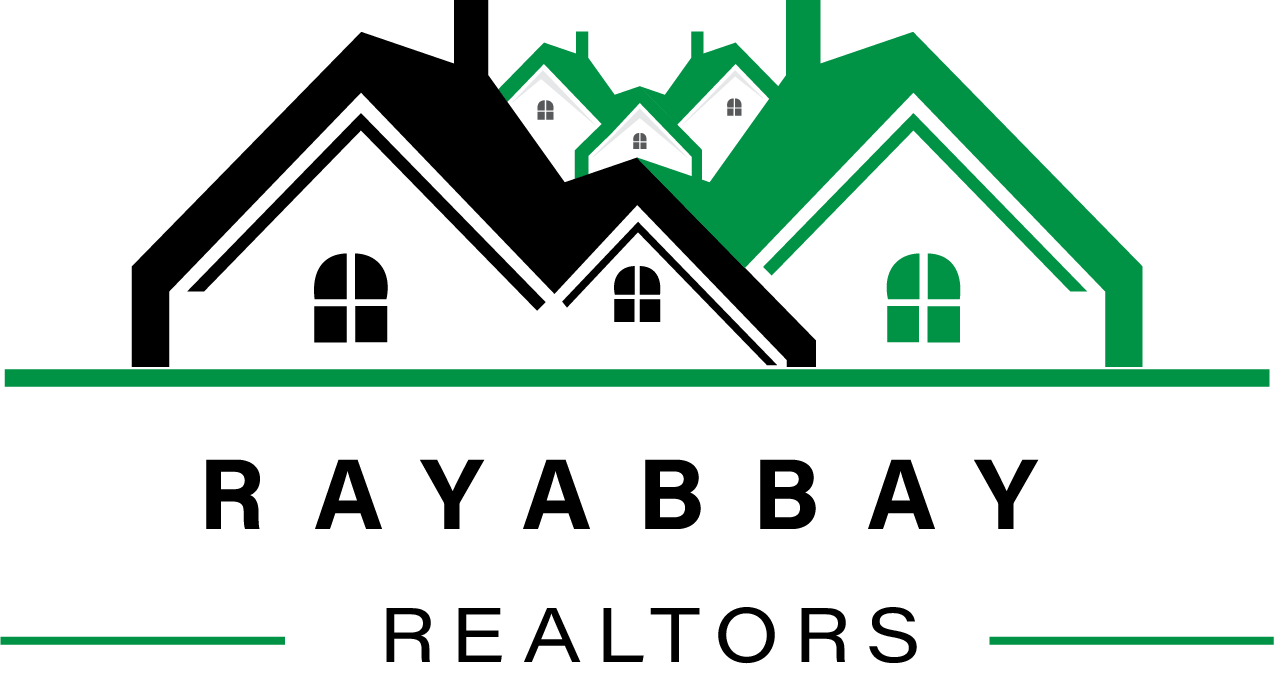Know your rights: A tenant guide in Nairobi.

Renting a property in Nairobi is a common practice for many individuals and families. Whether you’re renting an apartment, house or commercial space, it is essential to understand your rights as a tenant to ensure a smooth and secure rental experience. Here is a comprehensive guide to the rights of a tenant in Kenya.
Right to privacy.
Your landlord must respect your privacy. They shouldn’t enter your rented space without your consent except in emergencies or with proper notice for inspections or repairs.
Right to a written agreement.
Every rental agreement should be in writing. Both you and your landlord should sign the tenancy agreement, which outlines the terms and conditions of the rental, including rent amount, payment schedule, and security deposit details.
Right to receipt for rent payments.
Whenever you pay rent, you have the right to receive a receipt as proof of payment. Keep these receipts for your records
Right to a Habitable property.
Your rental property should be in a habitable condition. The landlord is responsible for maintaining the property’s structural integrity, ensuring it is safe, and providing necessary repairs when needed.
Right to fair rent.
Your landlord cannot increase rent arbitrarily. Any rent increment must be communicated in writing and the landlord should provide a valid reason for the increase.
Right to a deposit refund.
When your tenancy ends, your landlord should refund your security deposit minus any legitimate deductions for damages or unpaid rent. The refund should be made within a reasonable time.
Right to peaceful enjoyment.
You have the right to peacefully enjoy your rented property without interference from your landlord or other tenants. This includes not being subjected to harassment or undue disturbances.
Right to adequate notice for termination.
Both you and your landlord must provide adequate notice when terminating the tenancy. The notice period should be clearly specified in your rental agreement.
Right to challenge unlawful eviction.
If you believe you are being unlawfully evicted or your rights are being violated, you can seek legal assistance and challenge the eviction in court.
